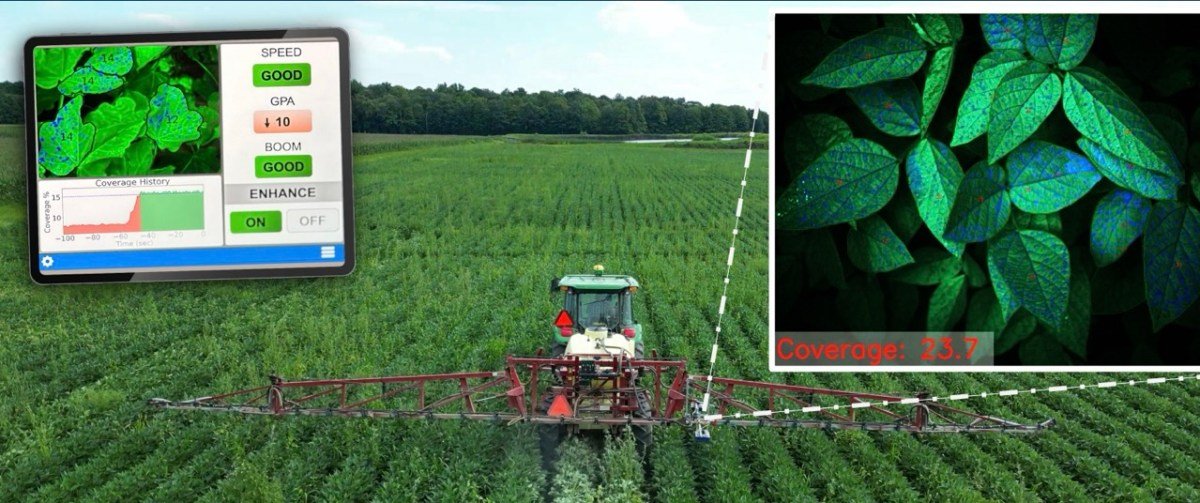A recent study conducted in 2021 revealed a startling truth – if farmers were to forego using pesticides, they would lose a whopping 78% of fruit production, 54% of vegetable production, and 32% of cereal production. This is a devastating blow to the agricultural industry and could have severe consequences for the world’s food supply.
However, this dilemma may have a solution in the form of a new company called AgZen. Founded after over a decade of thorough engineering research at MIT, AgZen offers a groundbreaking approach that utilizes artificial intelligence to ensure that plants receive just the right amount of pesticide. Through real-time adjustments, the company’s advanced technology, named RealCoverage, optimizes the use of pesticides, providing maximum efficiency while reducing costs and environmental impact.
The only way to guarantee enough pesticide distribution is to spray too much.” – Vishnu Jayaprakash, CEO of AgZen
RealCoverage boasts the impressive capability of detecting droplets as small as 150 microns and can make adjustments to spray parameters such as pressure, rate, boom height, and speed. With a speed of up to 12 mph, this technology offers unparalleled application efficiency.
The implications of AgZen’s technology are vast. The company claims its algorithms and optimizations can cut down on chemical usage by up to 50%, bringing significant cost savings for farmers while maintaining the health and yield of their crops. AgZen has put their product to the test through three years of field trials on a variety of crops, and so far, the results have been promising. Last year, the company conducted 12 successful pilots and trials across the United States and Europe, partnering with some of the world’s largest growers.
But perhaps the biggest winners in this situation are public health and the environment. With studies showing widespread contamination of agricultural streams, wells, and aquifers due to pesticide runoff, and the global soil at high risk of pesticide pollution, the need for solutions is urgent. By reducing foliar pesticide usage by 30% to 50%, AgZen’s technology may be a critical step towards mitigating these harmful impacts, in line with the recent reports highlighting the need for improved spray efficiency.
The company also suggests that RealCoverage could prove to be an essential tool for farmers looking to ward off regulators – especially since the EPA has long been concerned about the issue of pesticide runoff. By providing precise data on pesticide volume reaching its target in real-time, this technology not only improves pesticide tracking but also reduces environmental impact. It can even offer valuable insights for designing new formulations and optimizing farm operations globally.
AgZen plans to launch RealCoverage commercially later this year through a unique lease-to-own program, making this advanced system more financially feasible for farmers. The company affirms that the system will pay for itself within one season, thanks to the significant reduction in chemical usage.








